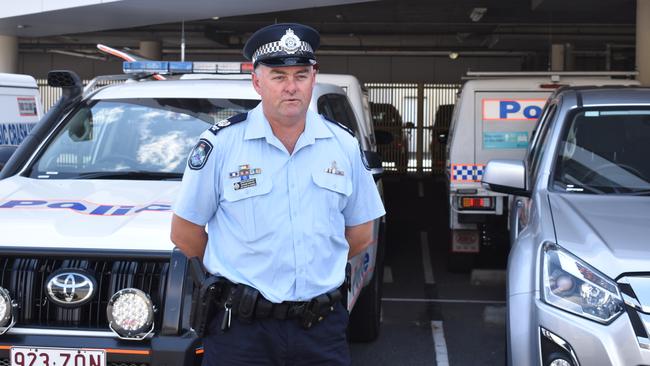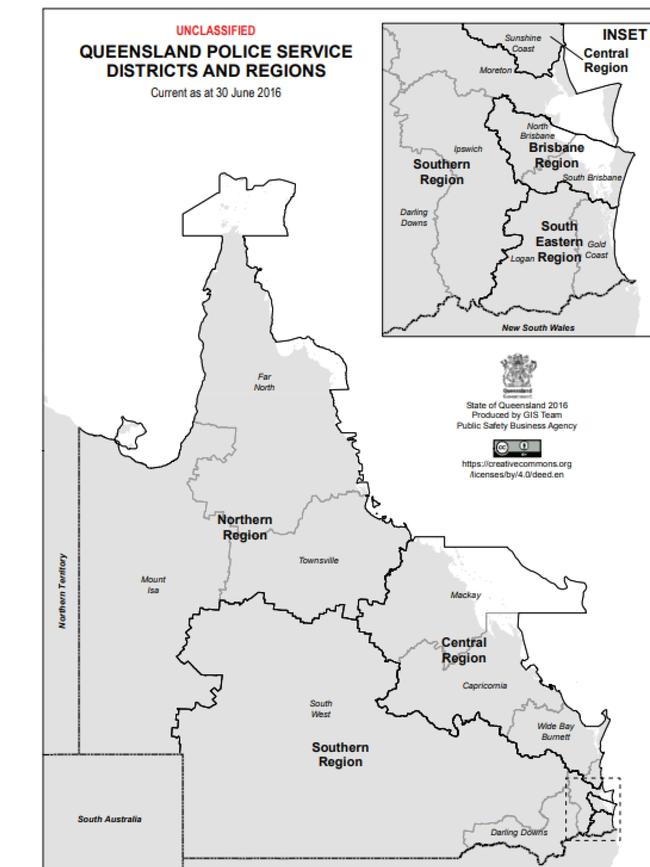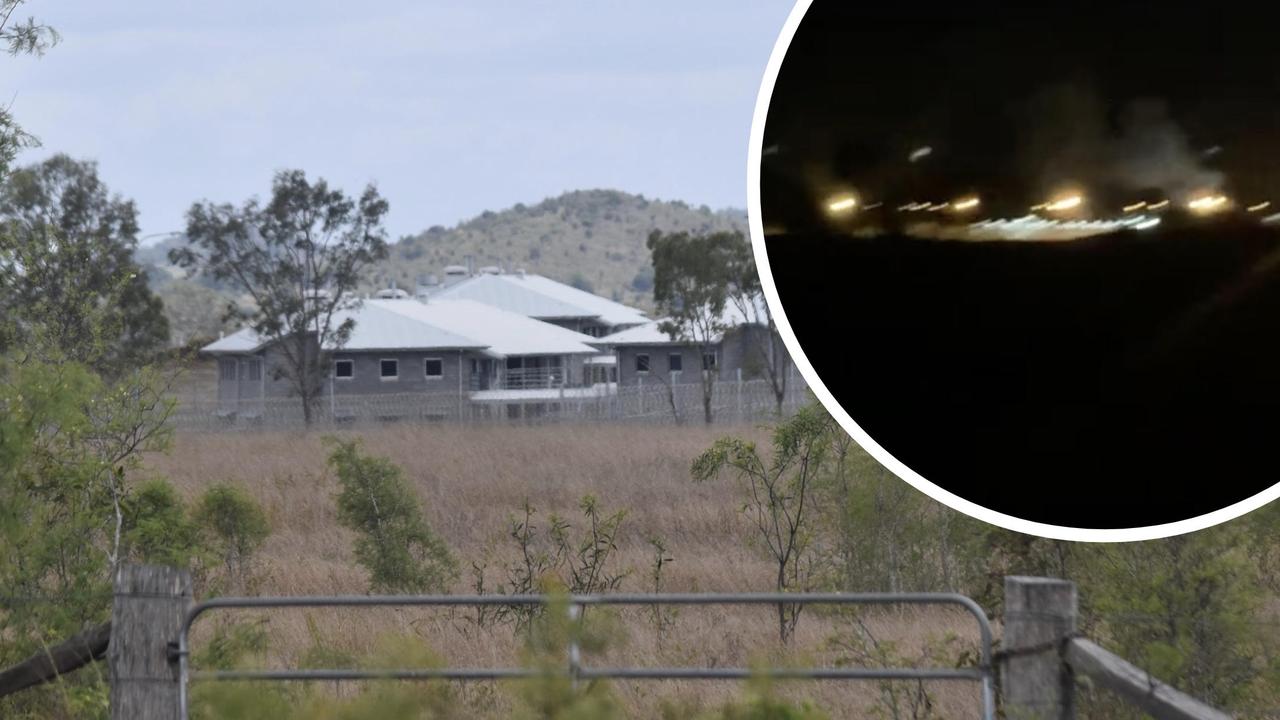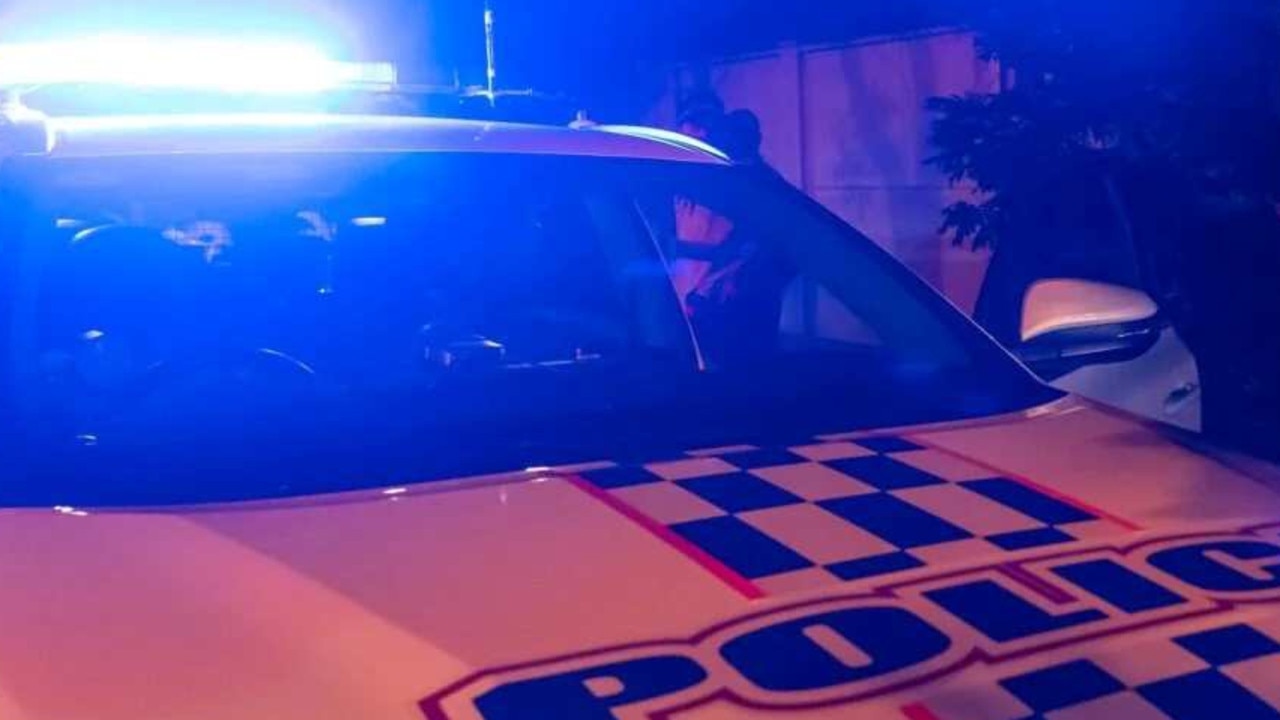How to avoid police attention on the roads this Christmas
“We’ve got a lot of area, a lot of open roads and long distances between places...brings in different risk factors.”

Gladstone
Don't miss out on the headlines from Gladstone. Followed categories will be added to My News.
WEARING the tragic badge of honour of the state’s highest fatality rate of 85 deaths in 2020, a Central Region highway patrol sergeant says ultimately, staying safe is up to the individual.
One of eight policing regions across Queensland, the Central Region stretches from the northern end of the Sunshine Coast, north to Bowen and west to Emerald.
Calliope Road Policing Unit officer in charge Senior Sergeant Shaune English said a vital reason to listen to and obey road rules, was that motorists held the lives of their passengers, themselves, and others in their hands.
“People can do as much as they can do in regards to designing better roads and designing better cars, but at the end of the day it comes down to the decisions the driver makes behind the wheel,” he said.
“Unfortunately it is not always the decision you make, sometimes it is the decision another person makes.”
Encompassing four police districts, the 238,404 square kilometre Central Queensland policing region represents 14 per cent of the state’s landmass, but accounts for 34 per cent of Queensland’s 2020 road deaths, which currently total 254.
The physical size of the area, Snr Sgt English said, was one factor contributing to the region’s high fatality rate.

“We’ve got a lot of area, a lot of open roads and long distances between places, which all of that combined brings in different risk factors,” he said.
“Distance can definitely be a problem, fatigue is definitely a problem, but fatigue is a hard area for police, because usually we can’t pick it until after an incident has happened.
Fatigue is strictly managed for heavy vehicles, but not private vehicles.”
“Fatigue is a big issue in a lot of respects because it is hard for us to identify, and when we do identify it, it is after a car drifts off the road into a tree,” Snr Sgt English said.
“For private vehicles all we say is you should, or we highly recommend that you do, take a break every two or three hours, we can’t actually enforce that you stop.
“Unfortunately it’s not like drink driving where there’s a test that you can do to prove that you’re fatigued.”
Snr Sgt English said a crash that appeared to be the most serious, was not always fatal.
“I’ve had a look at body worn video and I was surprised at the extent of the injuries (in some cases),” he said.
“Sometimes at the scene you can say they have a broken leg, then something else goes wrong.
“I’ve seen very bad crashes where people have walked away from it and I think, ‘how did they do that’, and there are others that are not really bad and a poor person dies.”
Frustratingly, police continue to deliver the same safety messages to drivers, but it is up to the individual to act.
Snr Sgt English said he had a full compliment of officers who would be on all of the region’s roads over the Christmas holidays to keep drivers safe.
“Not only do you have to drive to protect yourself, but you have to drive to protect yourself from other people,” he said.
“Everybody knows what they need to do to keep safe, so don’t speed, don’t drive after drinking or taking drugs, take regular breaks and don’t drive if you’re tired
More stories,
Ports Corp aware of fish kill inside jurisdiction


